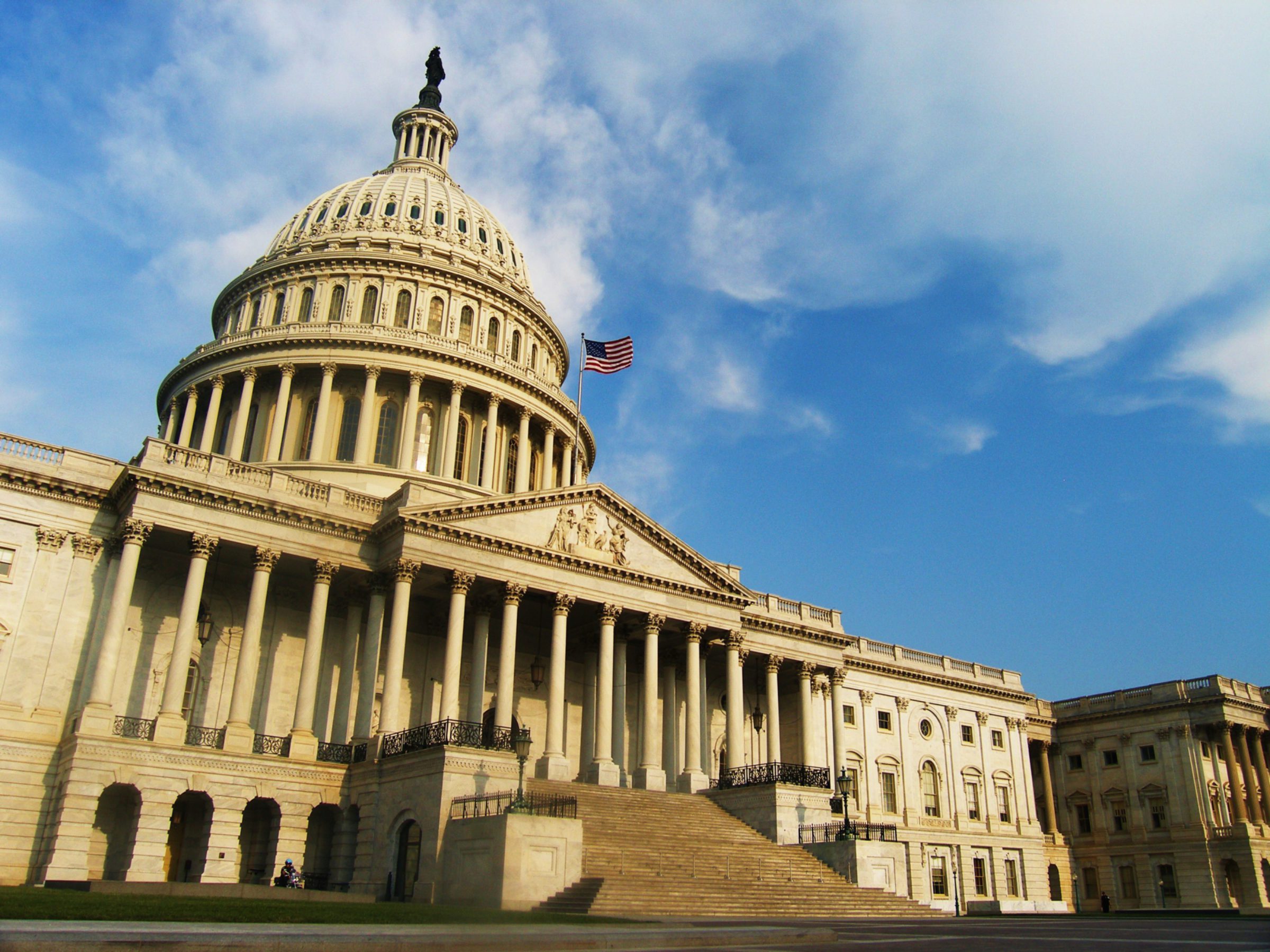Casey Dreier • Nov 05, 2014
The Consequences of the 2014 Midterm Elections for NASA
The Republican party won a significant majority in the U.S. Senate yesterday, reshuffling the balance of power in Congress starting next year. As the new majority, Republican members will assume chairmanship of crucial committees and subcommittees which write the legislation governing NASA in the Senate. Thankfully, due to the generally good working relationship between the two parties on space issues, I don’t think there will be any significant shifts in space policy over the next two years, but that doesn’t mean there won’t be some consequences.
So let’s speculate! Here are some of my predictions for what happens with a Republican-led Senate:
All of these apply to the next Congress, which doesn’t convene until January of next year. In the meantime, we have a lame duck session through December that will grapple with some important issues remaining from this legislative year: namely the 2015 NASA budget and authorization.
The U.S. budget has remained in limbo in the Senate since the summer. The government is operating on a two-month temporary budget extension that expires in December. So either the current, Democratically-controlled Senate will pass a budget within the next six weeks that gets approval by the Republican-controlled House of Representatives, or everyone punts until next year, which would allow the Republicans in the Senate to exercise more control. No one knows yet what will happen—even those working in Congress. My instincts tell me that we won’t have a 2015 budget until next year, but I won’t go so far as to make any predictions.
The other interesting outcome is the Authorization bill, which sets NASA’s priorities and top-line spending caps. The House passed a version by a very large, bipartisan majority earlier this year. The Senate has been working on its own version, but has not yet released it to the public or for a vote. With very few remaining work days in the Senate, plus the added temptation to wait until the Republicans are in the majority, I have little hope that an actual authorization will be passed in to law before the end of the year.
Again, there is unlikely to be any wholesale shift in the direction of NASA, despite the change in the Senate. There will be some adjustments in priorities, but overall the space agency will likely continue on its current path. This is fortunate, and a real testament to the bipartisan support for space exploration. While NASA will likely see less money, this will be an effect, rather than a cause, of larger political pressures. It’s along for the ride, though with strong proponents like Shelby in the Senate and Lamar Smith in the House, I think NASA will remain strong.
So what impact do you think the election will have on NASA? Share your opinions in the comment section below.
Support our core enterprises
Your support powers our mission to explore worlds, find life, and defend Earth. You make all the difference when you make a gift. Give today!
Donate

 Explore Worlds
Explore Worlds Find Life
Find Life Defend Earth
Defend Earth


